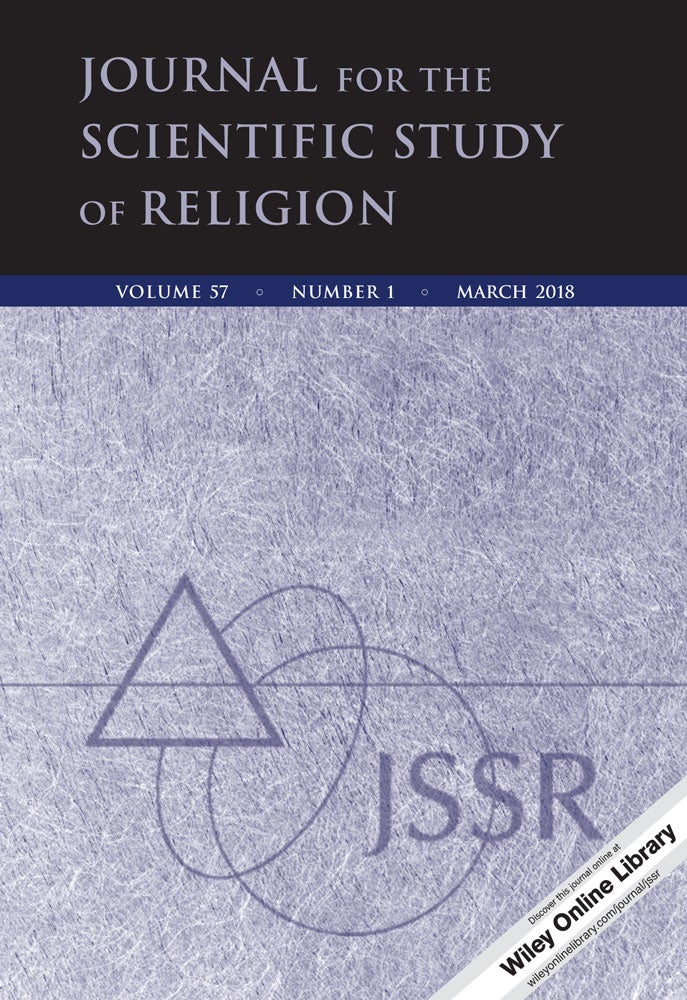A growing body of literature explores religious expression in workplaces, but comparatively little research examines how religious expression might be shaped by inequality in workplace status. We hypothesize that perceived work autonomy and socioeconomic status (SES) both function as mediating links between organizational status and religious expression. Drawing on a sample of employed adults from a nationally-representative survey in the United States (n = 8611), we examine three modes of religious expression at work: displaying faith, feeling comfortable talking about faith, and expressing views when observing unfair work practices that conflict with faith. Results revealed that workers at the bottom of their organizations express their religiosity less than those at the top. Religious expression in the workplace is thus not simply a reflection of individual religiosity or religious identity, but also workplace power. Although perceived work autonomy mediated the relationship, SES buffered the relationship. Findings have important implications for workplace policy.





